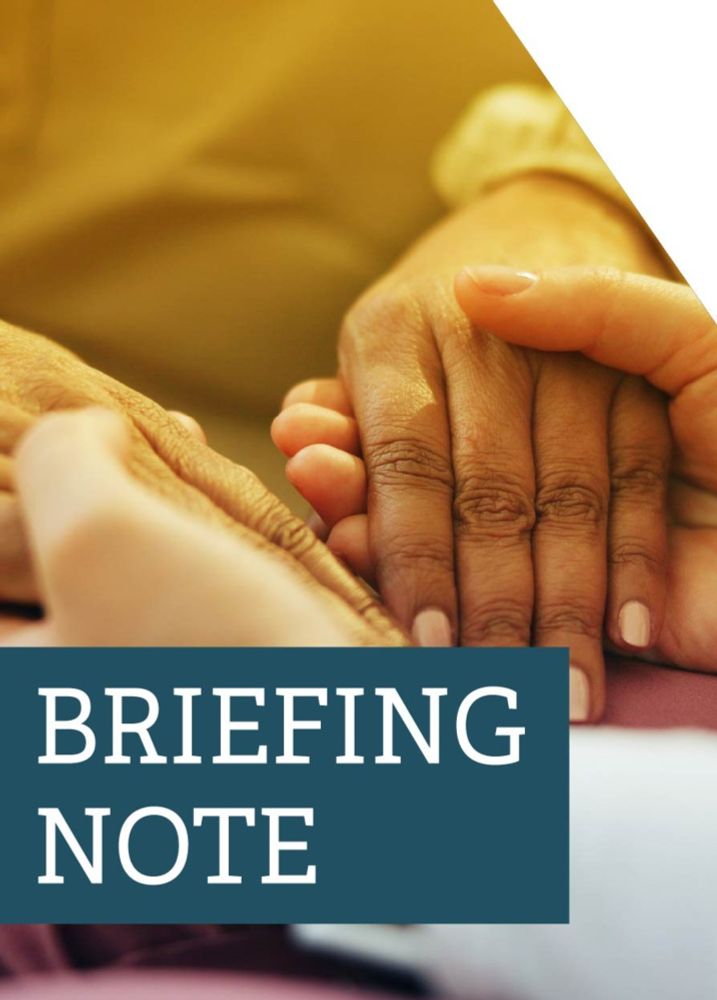Hannah Slaughter
@hannahslaughter.bsky.social
660 followers
95 following
49 posts
Senior economist at the Resolution Foundation, mainly covering the labour market.
Posts
Media
Videos
Starter Packs
Reposted by Hannah Slaughter
Reposted by Hannah Slaughter
Reposted by Hannah Slaughter
Reposted by Hannah Slaughter
Louise Murphy
@louisemurphy.bsky.social
· Aug 26
Reposted by Hannah Slaughter
Reposted by Hannah Slaughter
Reposted by Hannah Slaughter
Louise Murphy
@louisemurphy.bsky.social
· Aug 12
Reposted by Hannah Slaughter
Louise Murphy
@louisemurphy.bsky.social
· Jul 24

Opening doors • Resolution Foundation
Improving employment outcomes for disabled people is essential not just for raising living standards, but also for supporting economic growth. To increase the employment of disabled people, the report...
www.resolutionfoundation.org
Reposted by Hannah Slaughter
Reposted by Hannah Slaughter













![“I got a job more locally and it was working part time, four days a week, so it gave [my wife] some comfort that if I, if something happened, I would be able to get to her.”
(Focus group participant, working part time, caring for disabled partner)](https://cdn.bsky.app/img/feed_thumbnail/plain/did:plc:3owuy7hp7owu7u6mev5mu7wf/bafkreiduzbngrpzep23g22hftmqaxatpafgpvbhoufno5lfqjqdgsqezbi@jpeg)
![“[My health condition] would affect [me] if I was working with the public. You need to be fully on form, don’t you? And I’m just, one day I’m on, then I’m off.”
(Focus group participant, not in paid work, with mental and physical health conditions)](https://cdn.bsky.app/img/feed_thumbnail/plain/did:plc:3owuy7hp7owu7u6mev5mu7wf/bafkreih5f4m636g37ui2pxckiv4mbmitoj6zhrcutasvpnllpt2aak2kmy@jpeg)








